Keeping good records is vital for any business. Whether that’s to help manage your costs, whether it’s for legal, regulatory or tax reasons, or simply to help manage and improve your business. Collecting, storing and effectively analysing your data is vital.
Figures suggest that UK businesses have room for improvement when it comes to record-keeping. Up until 4 January 2012, 2,437 business records checks had been carried out and HMRC found that 39% of businesses visited had some issue with their record-keeping.
So what are the reasons for keeping track of your data? What data should you keep and how long should you keep it for?
You have a legal obligation to maintain adequate records
Firstly, you have to keep adequate records by law. If you’re a limited company you must have company information such as your articles and memorandum of association, a record of directors, minutes for periodic meetings, your registered office address and any rights people may hold over any of your assets.
You also have to provide adequate accounts to HMRC and these have to be backed up by adequate records and processes. Failure to keep adequate information can lead to inspections by HMRC and fines, suspension of trading or even prison. Furthermore, service industries such as Electrical, Plumbing and Drainage contractors are seen as higher risk by HRMC and this means that it’s more likely your records and processes will be inspected at some stage.
HMRC guidance explicitly states: “You must keep records of all your business transactions”. It also states: “If you do not keep adequate records or you do not keep your records for the required period of time, you may have to pay a penalty.”
You may also need to provide historic information for insurance purposes; it may be required by any associations you are a member of or, in the worst case, by the courts if you have a legal complaint against yourselves.
Keeping records to help improve and grow your business
Management consultants often say that the key to improvement is setting adequate targets, or SMART goals. In terms of record keeping it is the M, or measurable which is key. Without adequate records it would be impossible to measure where you are and to keep track of your progress.
Financial information such as costs, revenues and profits should be available from your accounting system. Information on what work you’ve done, for who and when should be readily available from your job management system, whilst customer information could be gleaned from your Customer Relationship Management (CRM) system if you have one.
Creating a knowledge base to help your employees grow and develop
Storing information and making it available to your employees can help them grow, learn and develop. Simply empowering your employees by putting key information into the palm of their hands can also help them make decisions in the field quickly and accurately without having to call the office.
Keeping good records to help utilise your time more effectively
Michael Gerber, in his world-famous book ‘The E-myth revisited – Why most small businesses fail and what to do about it’, stresses that one of the reasons businesses fail is that the owners spend too much time on day-to-day tasks.
But it’s often hard to see the wood from the trees, especially when you’re stuck in the trenches. Using job management software to keep a track of what jobs have been done and when can help analyse where your time is being spent, allowing you to delegate better. If you can free up your time, then that means more time to grow your business rather than wasting time on less important tasks. Analysing and monitoring your management accounts can help ensure you allocate your time to the clients that contribute most to your profits.
Simply taking a step back from time to time can often unleash the creative juices and give you ideas for new ventures or direction.
What information should you keep?
Client files
It’s a good idea to keep files for every client, job or project. It’s important to keep a record of the work you’ve done and the business agreements you’ve made in case you or the other party has a question about it at a later date.
Contracts
If your company is offering a service, ideally you should have a contract for every client you provide work to. You’ll also likely have contracts with your own suppliers.
Accounting and tax records
The types of records you may be required to provide to HMRC include
- Business expenses
- Bank statements / credit card statements
- Annual tax returns
- Quarterly tax filings
- Payroll
- Inventory
- Sales
- Revenue
- Petty cash
- Vehicle logs
- Invoices
- Cancelled cheques and cheque stubs
- Purchase orders
HR records
It is a good idea to keep employment applications, emails and other business correspondence. You should also keep personal records on file along with accident reports, permits or any licences that are required in order to carry out your business.
When storing personal information, it’s important to note that you have an obligation under the Data Protection Act 1988 and 2003 to store personal information securely and to be able to provide the information on request to the person the information is about.
Business records
At a minimum you need to keep a copy of your Articles of incorporation, a record of the minutes from any formal meetings and your Companies House filings. You may also have Trademarks and registrations.
General business information
General business information could include vehicle-tracking data to help monitor and reduce mileage. It could include job-tracking data to help optimise your business or it could include correspondence from your customers.
How long should you keep information for?
With the falling cost of storage and data retrieval, there should be no excuse now to keep information indefinitely. HMRC guidance states that if you’re self-employed or a partnership, you usually have to keep your records for at least five years from 31st January following the tax year that a tax return relates to, whereas Corporation Tax records will normally have to be kept for at least six years from the end of that accounting period. If you send your return in late or the return has to be checked by HMRC, you may be required to keep your records for longer.
In conclusion, when running your business it’s vitally important to maintain good records. However, it’s not just about storing records and data, you also need the systems and processes to effectively use and analyse that information.
By Richard Harris, director, Okappy


























